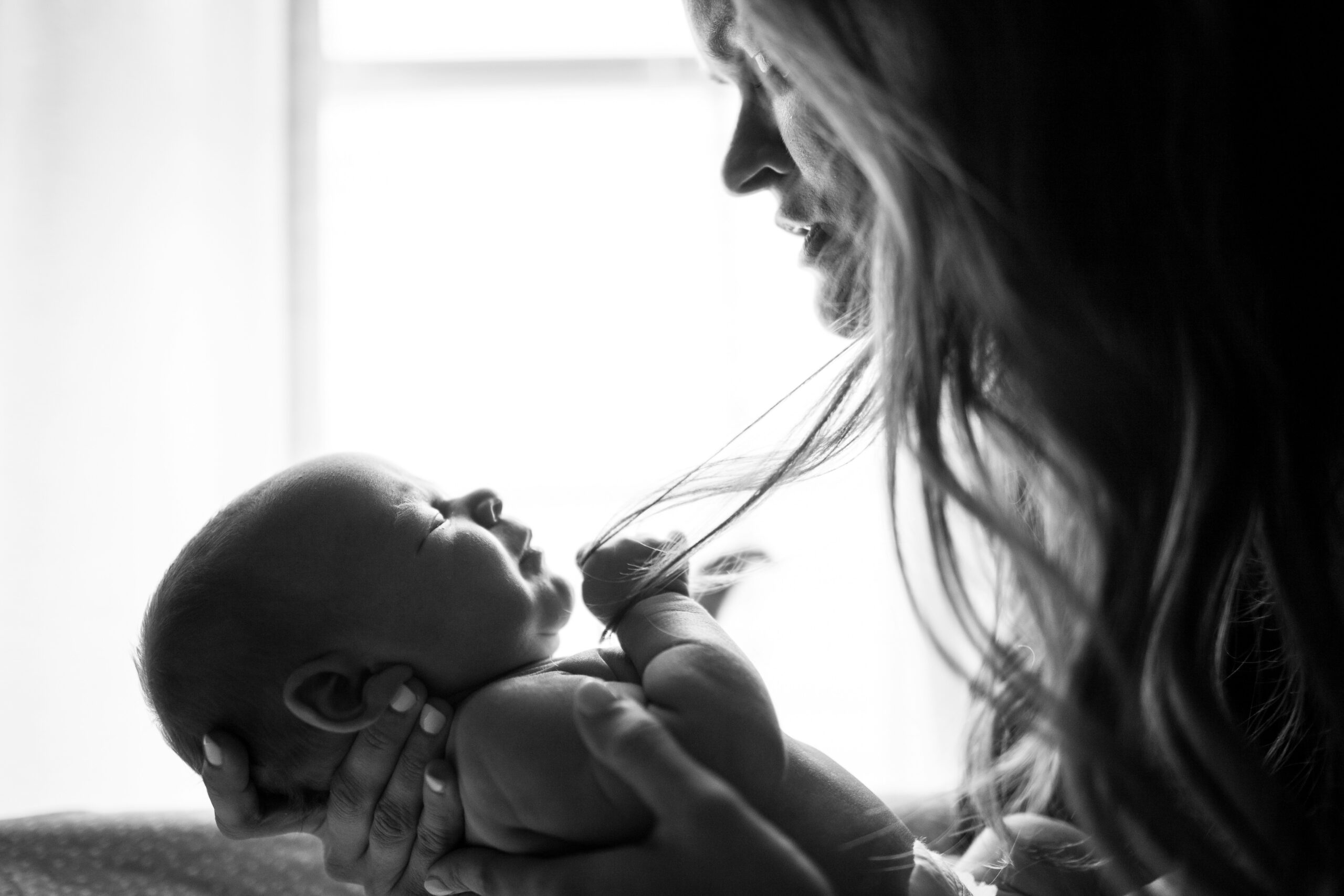Introduction
Babies are more vulnerable to allergens because their immune systems are still developing. From dust mites to pet dander, unclean environments can trigger allergic reactions. This guide provides expert-backed cleaning recommendations to help parents create a safer, allergy-free space for their little ones.
The Importance of a Clean Environment for Babies
Maintaining a clean home is essential for babies, especially those at risk of allergies or asthma. Allergens can build up quickly in fabrics, carpets, and air ducts, potentially causing respiratory issues, skin irritation, or worsening symptoms in allergic infants.
Common Household Allergens
- Dust mites
- Mold spores
- Pet dander
- Pollen
- Cigarette smoke residue
How Often Should You Clean?
To reduce allergy risks, consistency is key. Here’s a breakdown of how frequently you should clean specific areas of your home.
Daily Cleaning Tasks
- Wipe down high-touch surfaces (crib rails, changing table, toys)
- Sweep or vacuum hard floors
- Clean baby bottles and feeding items
Weekly Cleaning Tasks
- Wash bedding in hot water
- Vacuum carpets and upholstered furniture using a HEPA filter Lura vacuum cleaner
- Dust furniture and shelves
- Clean bathroom surfaces
Monthly Cleaning Tasks
- Deep clean under furniture and behind appliances
- Wash curtains or wipe blinds
- Clean vents and replace HVAC filters if needed
Seasonal Cleaning Tips
- Steam clean carpets and area rugs
- Check for and treat mold in damp areas
- Wash windows and screens to reduce pollen accumulation
Expert Tips for Allergy-Safe Cleaning
Use Hypoallergenic Cleaning Products
Choose fragrance-free, non-toxic, and baby-safe cleaners to reduce exposure to harsh chemicals.
Invest in an Air Purifier
A HEPA-filter air purifier can trap airborne allergens, keeping nursery air clean.
Avoid Over-Cleaning
While regular cleaning is crucial, overuse of disinfectants and antibacterial products may disrupt healthy immune development.
When to Consult a Pediatrician or Allergist
If your baby shows signs of allergies—such as persistent sneezing, coughing, skin rashes, or wheezing—it’s important to seek medical advice. A healthcare professional can recommend specific environmental changes or testing.
Conclusion
A consistent cleaning routine tailored to allergy prevention can make a significant difference in your baby’s health and comfort. By targeting common allergen sources and following expert-recommended schedules, you can provide a cleaner, safer environment for your little one to thrive.

Leave a Reply